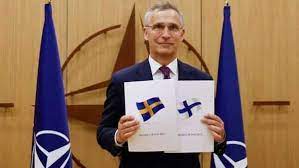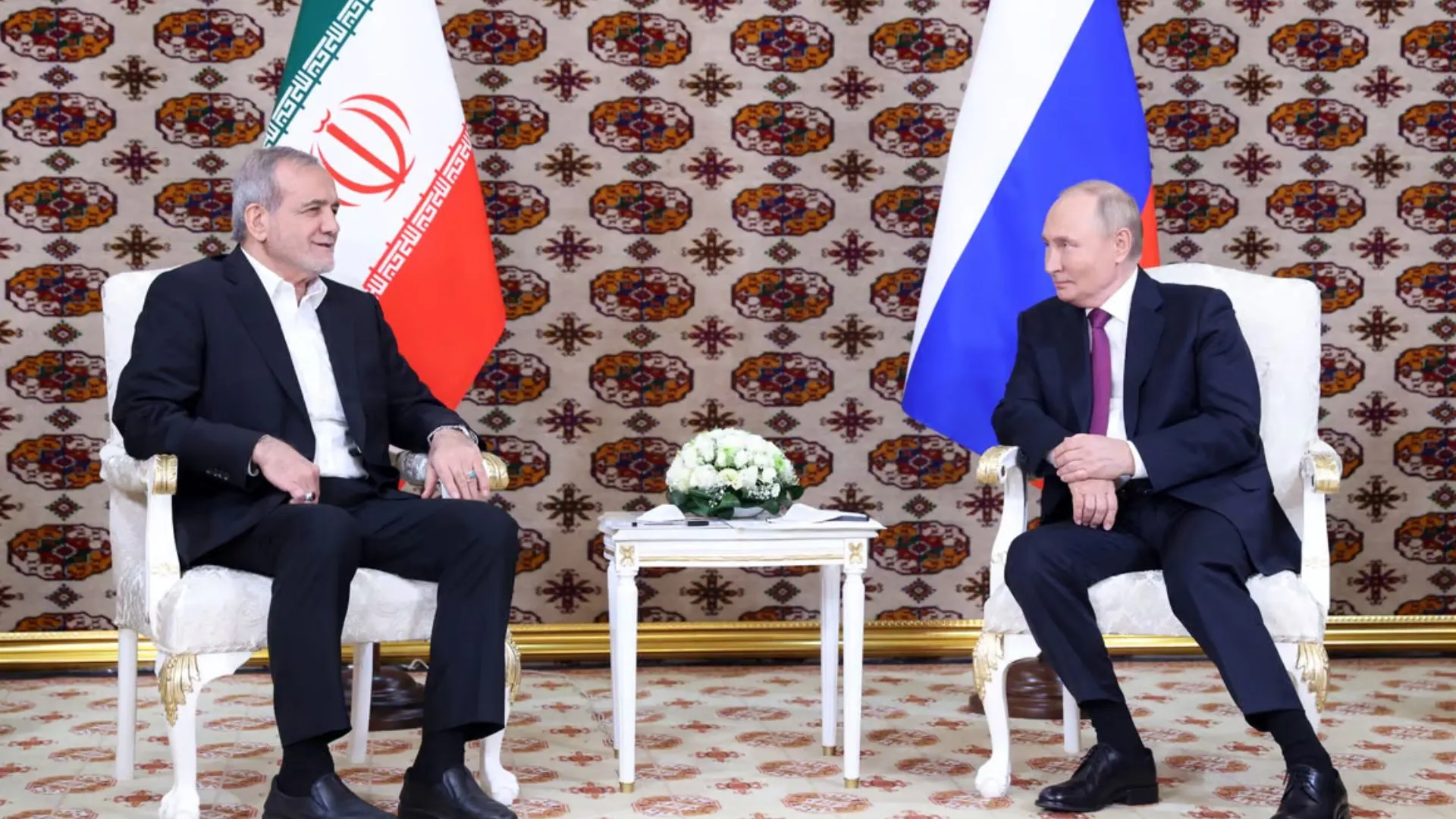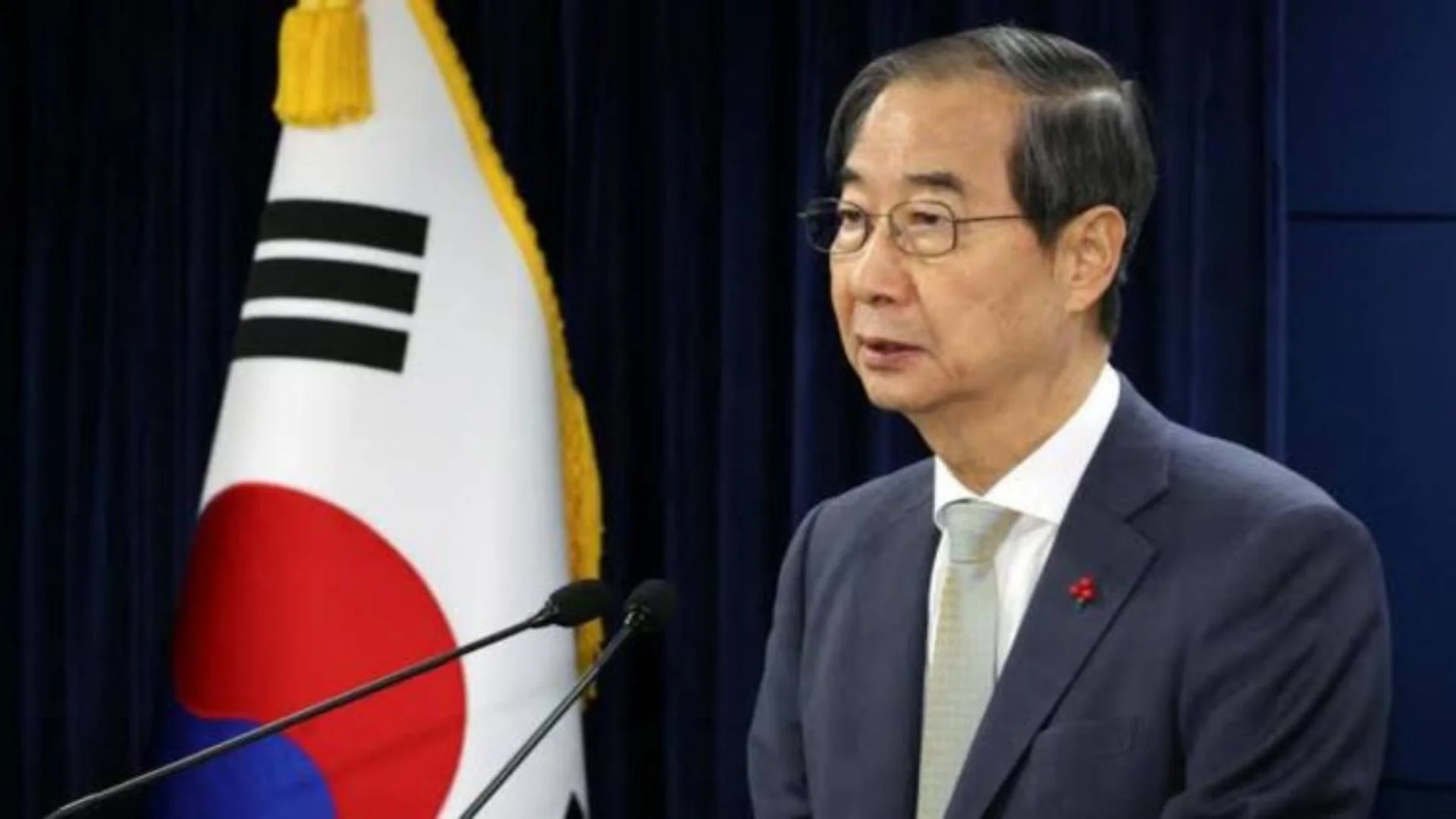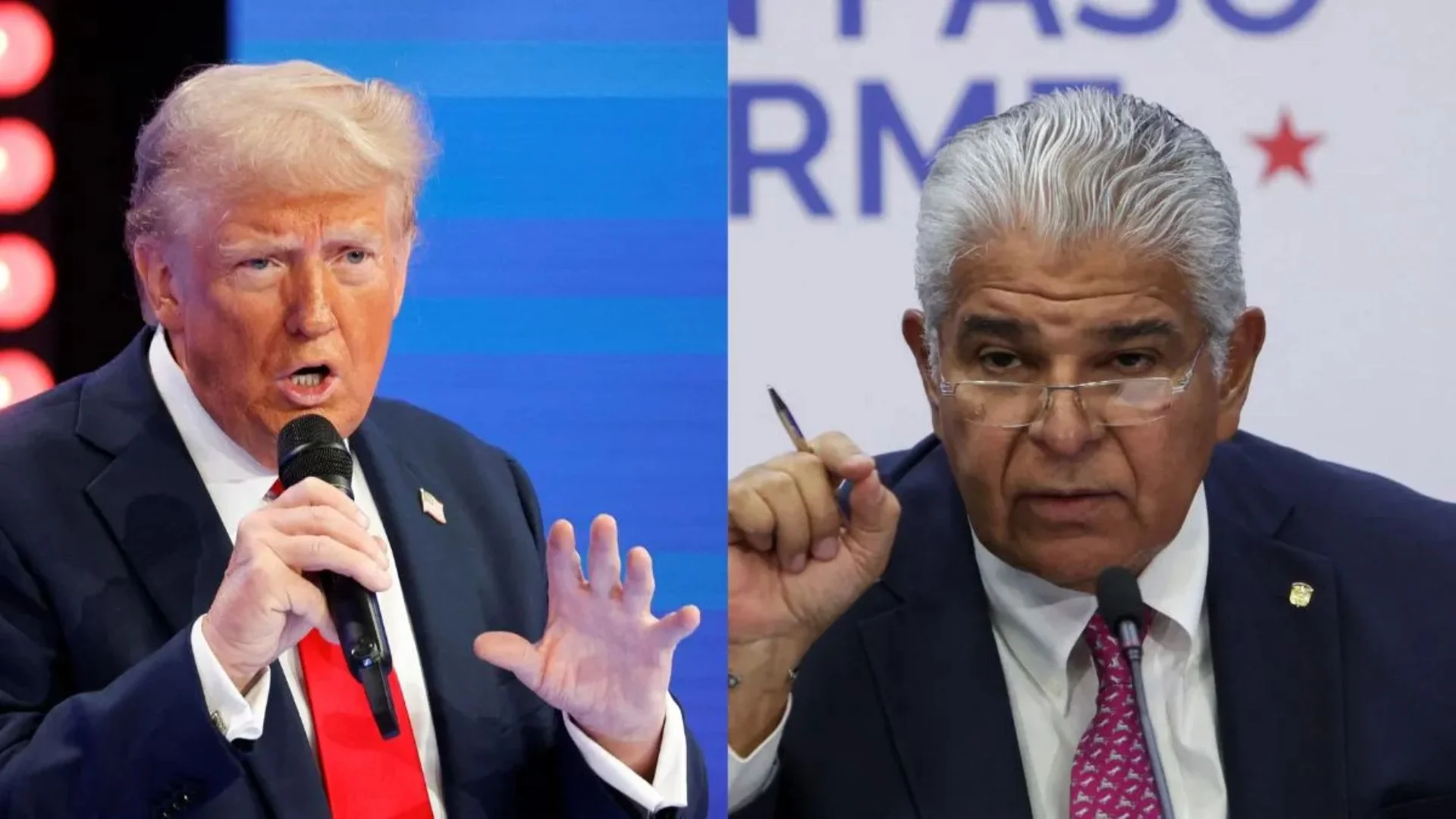While the likely outcome of Vladimir Putin’s war against Ukraine remains unclear, Russia’s aggression has already changed the European security order in important ways. The only modern European historical comparison is Hitler’s invasion of Poland in September 1939. Both cases involved large-scale unprovoked attacks on a neighbouring country with the aim of eliminating it. Hitler refused to accept the existence of an independent Poland; Putin refuses to accept the reality of an independent Ukraine.
Putin’s invasion came as a profound shock to European governments. Most European leaders had played down US warnings about an imminent attack, reasoning that although Putin can be unpredictable, he was unlikely to do anything so irrational. That illusion was shattered on 24 February, which has become Europe’s 9/11: a global and geopolitical wake-up call with two main consequences. First, military spending will increase across Europe. After years of dragging their feet, almost all European NATO members have suddenly aligned with the goal of spending at least 2% of GDP on defence. Europe’s largest economy, Germany, will add the equivalent of 0.5% of GDP to its defence spending in a one-off boost this year.
Putin’s invasion created an entirely new security situation for Finland and Sweden, because it demonstrated overnight that Russia is in the hands of a regime that will use military force to impose its imperial designs on Europe. Since Finland fought a war with the Soviet Union in 1939–40 and had been a part of the Russian empire for a century before 1917, the invasion of Ukraine immediately convinced its leaders to seek NATO membership.
Finland’s own fragile arrangement with the Soviet Union, and later with Russia, was one of the main reasons why Sweden, too, stayed out of NATO. Following the accession of Norway and Denmark to the alliance in the late 1940s, Sweden pursued a Cold War policy of neutrality supported by strong defence forces. After the collapse of the Soviet Union, Finland and Sweden joined the European Union in 1995 and gradually deepened their defence cooperation with NATO, and thus with the United States. Full NATO membership was regarded as a potential option for some later date.
US and NATO officials are increasingly optimistic that Sweden will join the military alliance as its newest member by this summer, bringing an advanced military already closely integrated with Western allies into the fold as tensions with Russia increase. It has been observed that Turkey’s Recep Tayyip Erdogan, fresh off a presidential election victory, is now preparing to give the green light to Sweden joining NATO by the time of an upcoming alliance summit scheduled for early July in Vilnius, Lithuania—though they stopped short of declaring it a done deal. Sweden has deepened cooperation with NATO since 2014, when Russia first invaded eastern Ukraine and illegally annexed Crimea, but joining as a full-fledged member would bring a sea change in how NATO prepares its defenses in northeastern Europe. The biggest change would be extending NATO’s collective defense protection to Sweden—the Article 5 pledge that an attack on one member is an attack on all.
The nuclear dimension of European deterrence is clearly the most prominent it has been since the end of the Cold War. Getting Sweden and Finland up to speed on this will be really important. NATO is also revamping its defense plans to back up its pledge to defend “every inch” of territory. Bringing Sweden into the fold will make it much easier for NATO to rush forces to its vulnerable Baltic flank bordering Russia, if Moscow reconstitutes its forces that have been decimated in Ukraine and tries to carry out an incursion into those countries.
In particular, Finnish officials are counting on Sweden’s logistical and naval capabilities to defend the alliance’s northern flank. (Finland joining NATO has doubled the length of the border the alliance shares with Russia.)
Sweden, however, still lingers in the waiting room with Türkiye and Hungary refusing to ratify Sweden’s accession protocol. The assumption is, however, that it is just a question of time, and officials in Brussels and Washington express confidence that Sweden, too, will become a full NATO member by the July Summit in Vilnius. The US knows, as does the rest of NATO, that Sweden fully meets the requirements for membership, and calls on Türkiye and Hungary to conclude their ratification processes without further delay. The expectation is that Ankara will ratify after the presidential elections are concluded at the end of May. Hungary will then follow.
However, formal decisions rest with Ankara and Budapest and they may be less willing to let Sweden in than is generally assumed. The objections are not about the abilities of the Swedish military or the value of Sweden as a NATO ally.
Instead, the reluctance comes from domestic policy habits, where Sweden-bashing is seen as an effective way of mobilising support for both Turkish President Recep Tayyip Erdogan, who faces a difficult run-off election on 28 May, and Hungarian Prime Minister Victor Orbán. Ankara claims that Sweden has not done enough to counter support in Sweden for Kurdish terrorist groups–an accusation that Stockholm denies–and demands the extradition of more than 100 “terrorists”–which the independent Swedish judiciary cannot do.
Despite this standstill, the assumption is that once the elections are over, Ankara will swiftly ratify, and Budapest will follow suit. Perhaps they will, but if Erdogan is returned to the presidency which seems likely, there may be continued domestic and international political incentives to delay. Likewise, Hungary may also continue to drag its feet. Budapest is still looking to unblock billions of euros in funding from the EU that were frozen due to concerns in Brussels over judicial independence and corruption in Hungary. Holding up NATO expansion is a trump card that may be too good to give away for free, especially at a time when Sweden holds the rotating EU presidency.
Dr S. Krishnan is an Associate Professor in Seedling School of Law and Governance, Jaipur National University, Jaipur.







